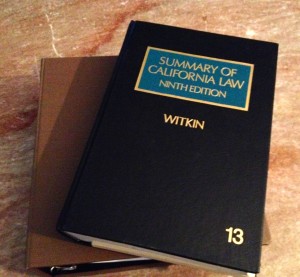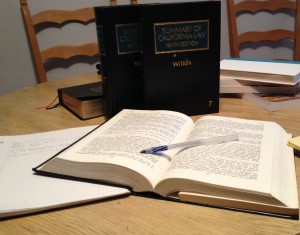How Does Premises Liability Relate to Negligence?
Under premises liability law, people who own, possess, or control land or other forms of real property (including apartments and rental spaces) have a duty to use due care to ensure that the property in question does not create or represent “an unreasonable risk of harm” to other people.
Premises liability is a form of negligence, and the test for premises liability is similar to the ones the law employs when judging negligence liability.
The elements of a negligence claim–which also apply to premises liability claims–are:
1. The existence of a duty;
2. A breach or violation of the duty;
3. Damages (in the case of premises liability, this usually means a physical injury, but economic harms may qualify also, under proper circumstances); and
4. Causation – meaning that the breach of duty must be the actual and proximate (meaning “legally recognized”) cause of the injury.
In order to prevail on a premises liability claim, the plaintiff must prove all four elements to the standard required by law.
A person who owns (or possesses, or controls) property has a duty to take affirmative actions to ensure that the property does not create unreasonable risks of harm. The duty requires a person to act “reasonably” to avoid “foreseeable” risks.
Generally speaking, courts assume that reasonable people should take steps to avoid foreseeable risks. As risks become less foreseeable, the likelihood that a reasonable person would recognize the risk, and take steps to prevent it, becomes smaller–meaning that property owners (and those in control of property) have less risk of being held liable as risks become less foreseeable and more remote.
For example: the likelihood of your guests being struck by a meteor is probably low enough (and unforeseeable enough) that you probably don’t need to construct a “meteor protection net” over your yard. However, if you live next door to a golf course, the likelihood of a guest being struck by an errant golf ball may be high enough to warrant some kind of protective or preventative action.
People who own, rent, control, or possess real property–either land or rental premises–should maintain and repair the property as needed to mitigate risks to other residents, guests, invitees and others. Ignorance of the law is not a defense. Consult an attorney or property specialist to learn about your duties and obligations, and make sure you comply with your legal duties to keep your property safe and well maintained.
***
DISCLAIMER: This article is intended for informational purposes only, and does not constitute legal advice or create an attorney-client relationship. Premises liability is a complex legal topic, and no single article can provide complete or comprehensive coverage or information about this or any other legal topic or issue. Your personal liability may differ, based on your individual facts and circumstances. If you believe you have a legal claim or issue, or wish to know more about your individual rights, consult an experienced attorney without delay.
















